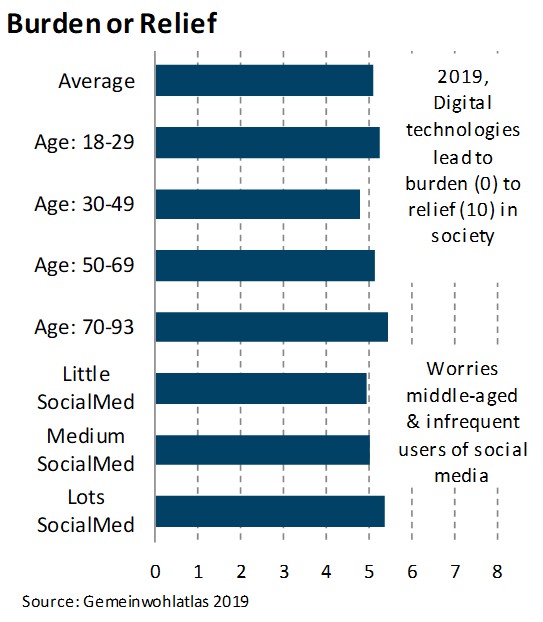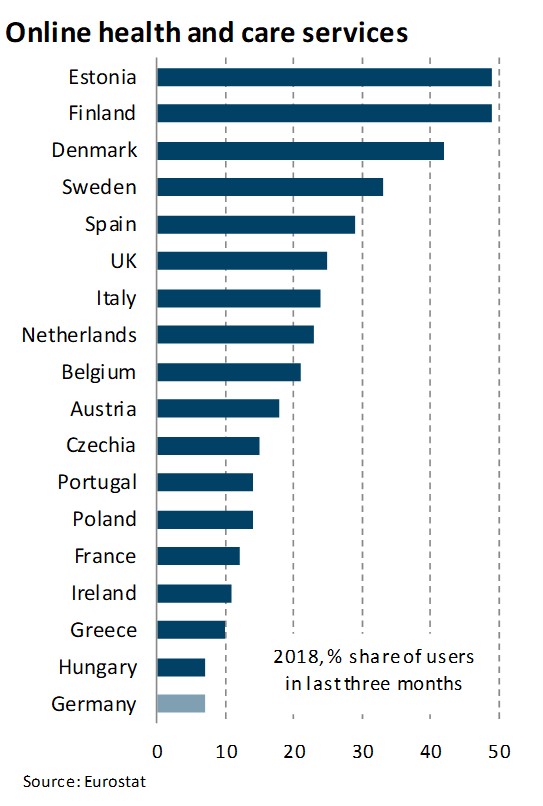
6. Health
More and better data enable a holistic understanding of health, prevention, and therapy
Desirable Future
Digital technologies allow people to gain a deep and holistic understanding of their body and their mind. At the same time, the collection of large-scale health data, the use of artificial intelligence, and the controlled exchange of information between patients, practitioners and health insurers facilitates disease prevention and therapy.
On this basis, conventional therapy can transform into a personalized, comprehensive, and precautionary approach. This enables personal, individual and fast medical treatment at any time and in any location.
The availability of health data also accelerates medical research, leading to more efficient and reliable cures. There are clear rules on who can use health data, why, how and when. The right to informational self-determination regarding one’s own health data is safeguarded. [References to: 6. Education, 11. Security]
Specific Projects
Electronic Patient Record
Patient data is stored uniformly and can be retrieved with consent.
HealthOn
Info- & rating platform for health apps.
Healthbank
Global, citizen-owned platform for securely storing health data.
Selfapy
Support during psychological stress – anonymous, flexible and without delay.
Vesta
The central inter-operability library of the German health care system.
Somnovia Sleep-App
Helps to balance sleeping habits and to sleep more restful again.
Recommendations for Action
- Policy: relaxation of the ban on remote treatment.
- Health insurance: More health apps in standard care.
- All: Standards for data protection & data exchange.
Suitable Indicators
- Digital technologies lead to [scale] 0 burden to 10 relief in society: DE 5.1 (2019).
- Percentage of people using health or care services online: DE 7% (2018; FI 49%)
- Do you use an app at least once a week to improve your health (sports, nutrition, sleep)? Yes/No



